
We’re pleased to announce that we have recently upgraded our Lexis subscription to their Full Academic Library.
This provides access to an extensive range of new content (almost 500 new online sources), including practitioner textbooks and major works in many areas of law, such as finance, taxation, criminal, consumer, planning, housing, and family law.
The new content will be individually catalogued on Library Search soon, but for now, the best way to access it is via Lexis itself. You’ll find the new content in the relevant sections of Lexis (e.g. in Forms and Precedents, Commentary or My Bookshelf).

To browse or search a full list of Lexis content in all categories, click on Sources in the top right hand corner.








 We have recently added a new module, Romantics Poetry, to our
We have recently added a new module, Romantics Poetry, to our 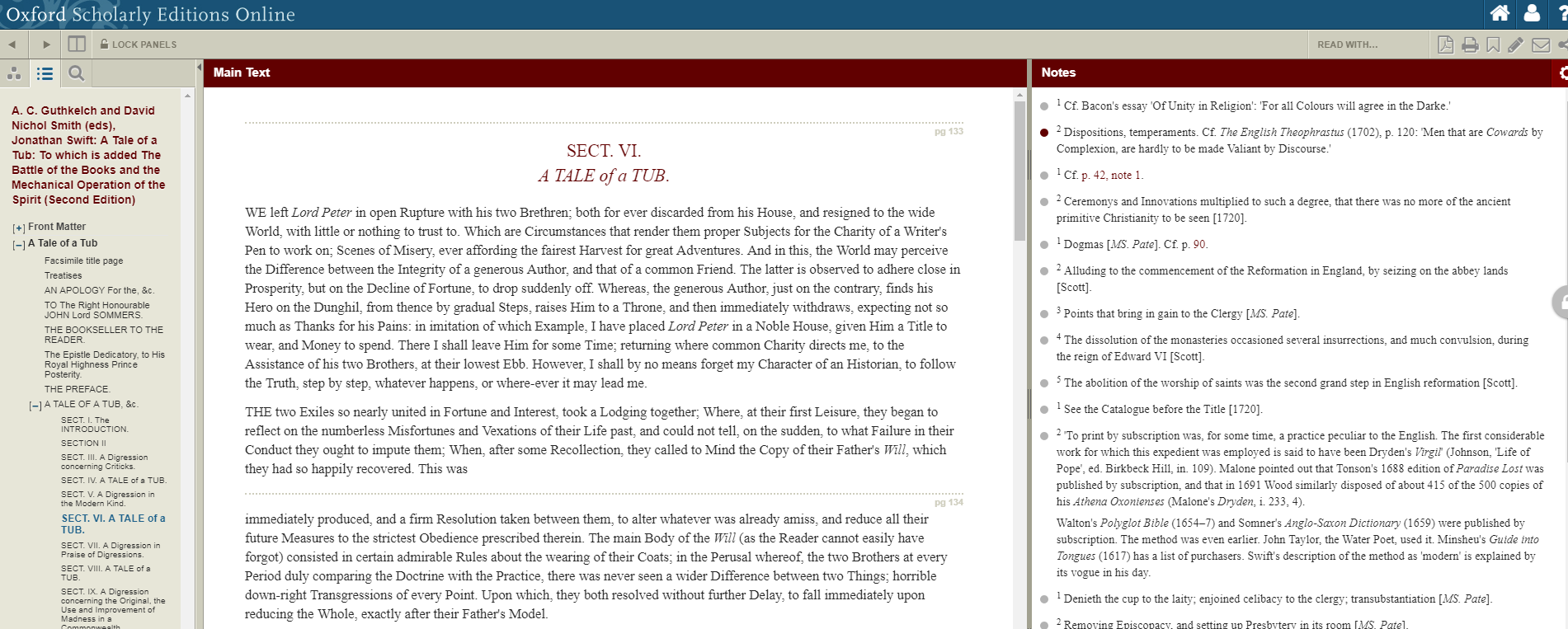


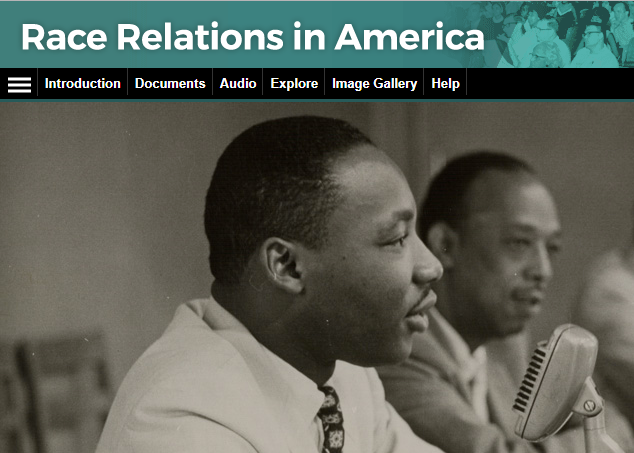

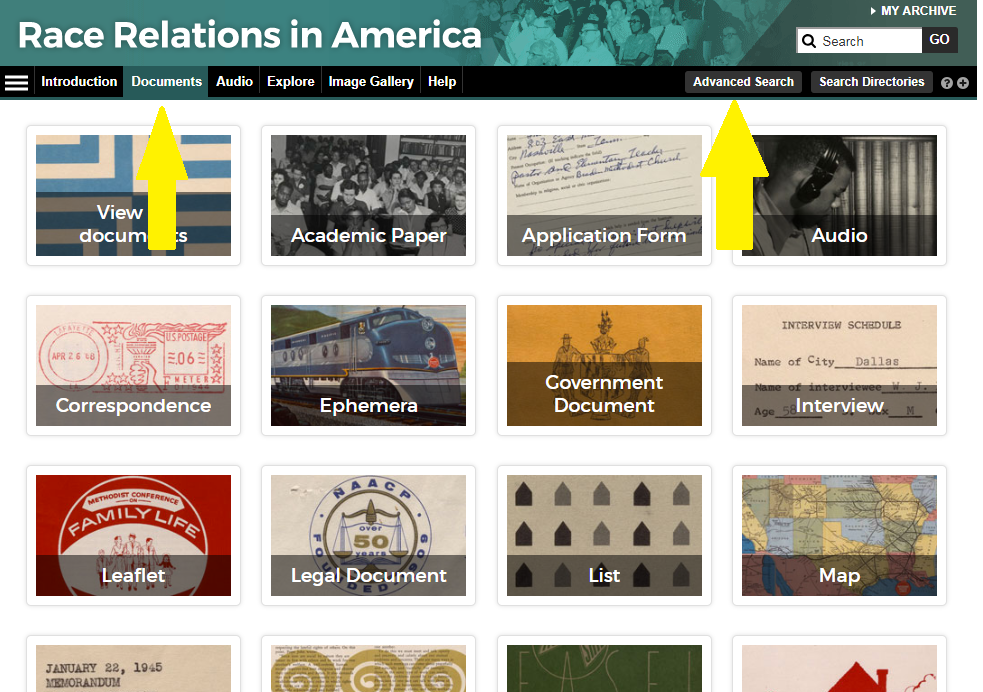



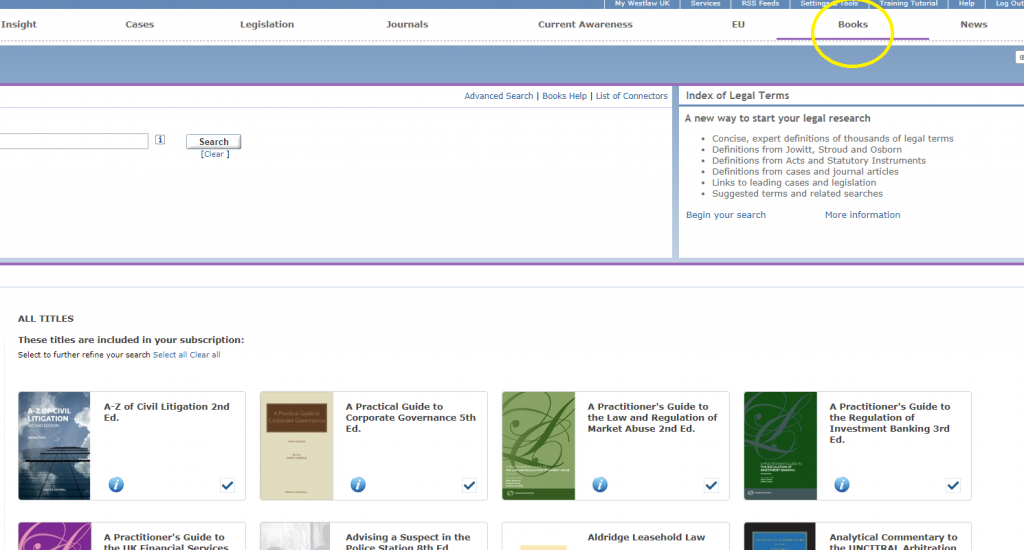
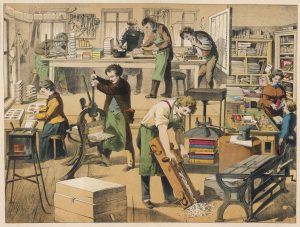
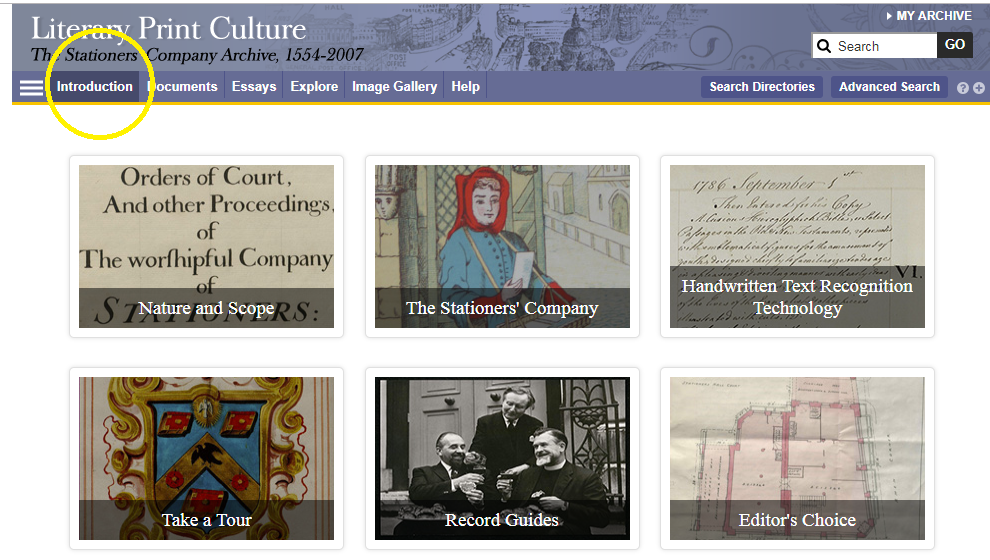
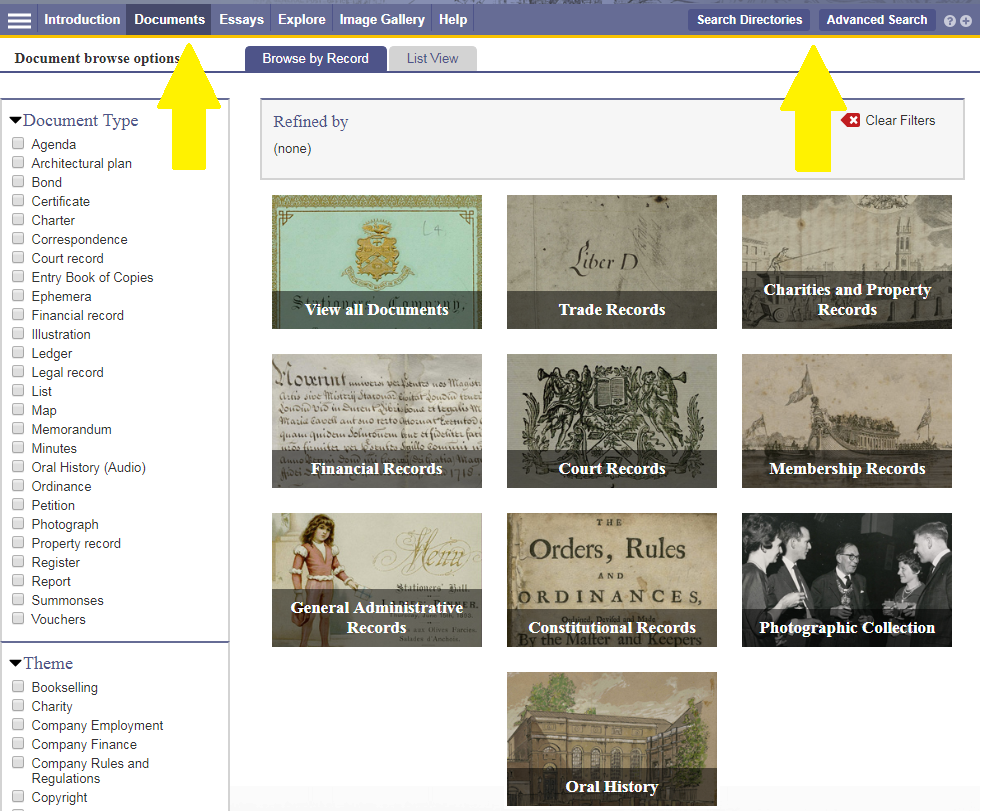 You can browse or search the archive contents by clicking Documents (to browse) or one of the two search buttons. You can filter your search in various ways, e.g. by document type, year or theme.
You can browse or search the archive contents by clicking Documents (to browse) or one of the two search buttons. You can filter your search in various ways, e.g. by document type, year or theme.